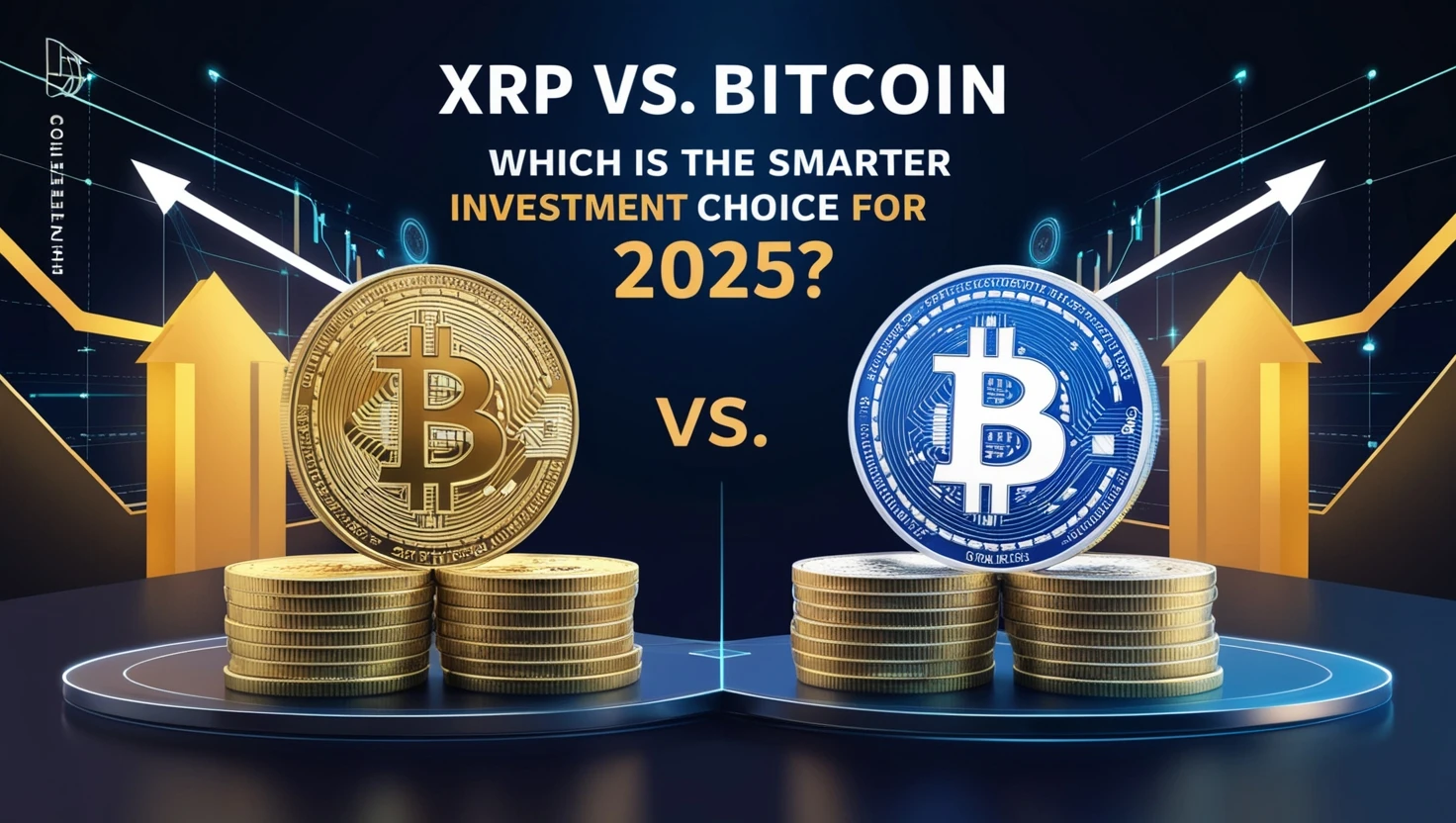Cryptocurrency investors have had a remarkable year in 2024. The total market value of all digital coins and tokens has reached $3.5 trillion, more than double what it was at the end of 2023. Leading cryptocurrencies like Bitcoin (CRYPTO: BTC) are responsible for most of this growth, but even more speculative tokens have also seen solid gains. XRP (CRYPTO: XRP), which had been plagued by regulatory challenges, has surged by 250% in 2024.
The decrease in interest rates has increased the appeal of growth assets such as stocks and cryptocurrencies. There’s also optimism that the upcoming Trump administration could adopt a more crypto-friendly stance, creating new opportunities for the industry. XRP might benefit the most from this regulatory shift, but the question remains: will XRP outperform Bitcoin in 2025?
The Case for XRP (Ripple)
Global banking systems are complex, and sending money internationally often takes several days. Some financial institutions use the SWIFT payment network, while others rely on different systems, requiring intermediaries to handle the transactions. Ripple aims to solve this problem. Its Ripple Payments (formerly RippleNet) network connects to existing banking infrastructure, enabling direct communication and instant settlement between financial institutions.
Ripple also introduced the XRP token to standardize these transactions. For instance, an American bank could send XRP to a Japanese bank instead of U.S. dollars, eliminating currency exchange fees and other costs. Each bank can then convert the XRP into the fiat currency of their choice.
There are 100 billion XRP tokens in total, with 57 billion in circulation. Ripple holds the remaining 43 billion, releasing up to 1 billion per month to meet institutional demand. However, in 2020, the U.S. Securities and Exchange Commission (SEC) filed a lawsuit against Ripple, arguing that XRP should be classified as a security, which would place tighter restrictions on its issuance and operation.
This legal battle was partially resolved in August 2024, when Ripple was fined $125 million. The court ruled that XRP is only considered a security in certain cases, such as when sold to institutional investors, but not when traded on crypto exchanges or used in transactions. The SEC is appealing the decision, but with President-Elect Donald Trump nominating pro-crypto businessman Paul Atkins to head the SEC (pending Senate approval), many expect Ripple’s legal troubles to ease once the new administration takes office on January 20.
As a result, most of XRP’s gains in 2024 came after the election on November 5. Still, at $2.21 per token, XRP remains far below its peak of $3.40 in 2018. Although it could rise further next year, XRP remains a speculative investment, and investors should proceed with caution.
The Case for Bitcoin
In contrast to XRP, Bitcoin is not controlled by any individual or company that can alter its supply. Currently, there are 19.8 million Bitcoins in circulation, with a maximum supply of 21 million. This capped supply means Bitcoin won’t face the same regulatory hurdles that Ripple has. In fact, the SEC has approved several Bitcoin exchange-traded funds (ETFs), allowing institutional investors to invest in Bitcoin through regulated products. The Bitcoin ETF market now manages over $110 billion in assets, signaling strong demand.



